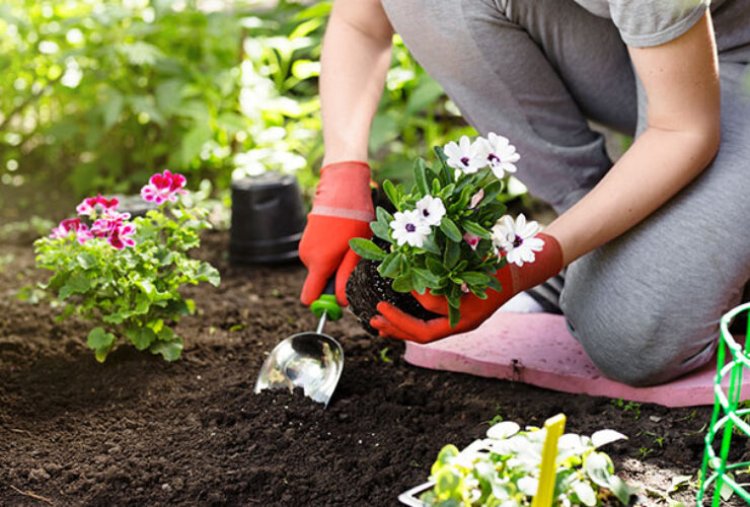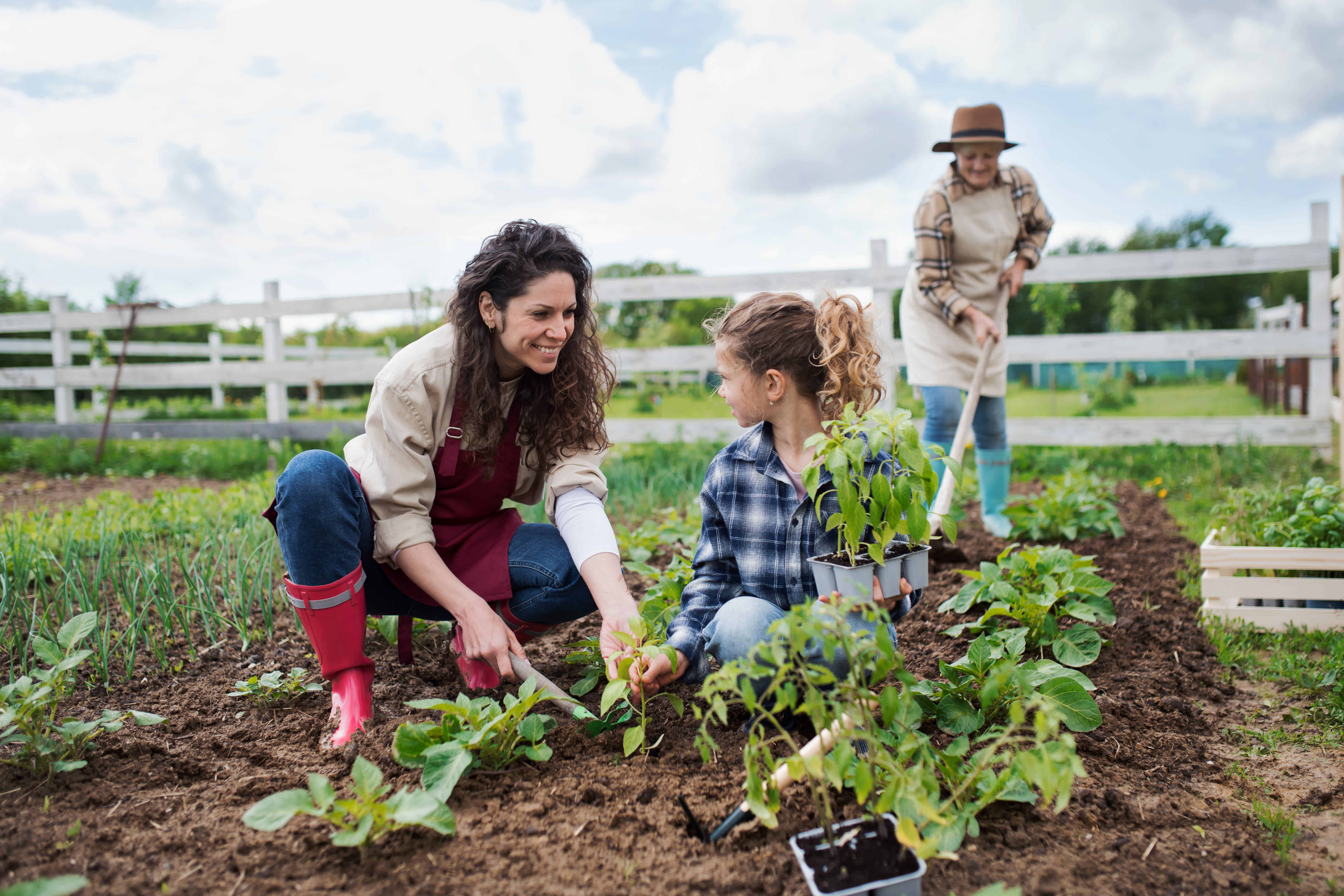Top 11 Unbelievable Benefits Benefits Of Gardening
Despite the obvious mental and physical benefits of gardening, you should take fundamental precautions if you intend to make this a habit.

Benefits Of Gardening
Planting vegetables and flowers is a distinct source of pleasure and fulfillment. For some individuals, horticulture is much more than a mere pastime. It's not just about embellishing your residence; it also helps maintain your health and mood.

Nature and humanity are interconnected. The environment influences our health. The COVID-19 pandemic quarantine has taught us to appreciate nature. During this confinement, many individuals began horticulture. It is always beneficial to spend daily time in nature. It provides immeasurable satisfaction and tranquility. As a result of your mental tranquility, your physical health will improve. Gardens and landscapes have long served as refuges from the burdens of daily life.
1: Gardening boosts mood:
Have you ever attempted gardening and felt happy? The majority of individuals shared the same delight. When you make time to tend to your garden, you may experience a reduction in anxiety and a lessening of depression. Gardening is also a beneficial form of exercise because it helps to release endorphins, the hormone that makes people feel satiated and calm. Additionally, exposure to direct sunlight can improve temperament.
2: Improve the quality of life:
Let's make our existence straightforward. Yes, gardening is one of the straightforward things that make your life more attractive than you might imagine. A garden is the ideal place to appreciate the significance of small details.

3: May lower the stress level:
Gardening is a relaxing activity that can help reduce your tension. It can aid in recovery and resiliency after a distressing event. The stress hormone cortisol may be reduced by gardening, according to the findings of a study.
4: Help to encouraging mindfulness:
Mindfulness stabilizes our mental state and helps us concentrate on the present. Many individuals use meditation and yoga to attain this state of mind. However, gardening is one of the most effective forms of meditation for maintaining happiness.
One benefits of gardening is the ability to focus on the task at hand. It causes you to lose yourself in your work and spend hours in your garden, ensuring that everything is healthy.
5: May enhance the immune system:
Both you and your vegetation require sunlight. Photosynthesis is the mechanism by which your plants convert sunlight into sustenance. While gardening, your epidermis absorbs vitamin D in the same manner. Vitamin D can aid in calcium absorption. It helps maintain robust bones and a healthy immune system. 
6: Help to burn calories:
Gardening is a form of exercise, and if you have a large garden, this is especially true. A simple hour of horticulture per day can expend up to 330 calories. For those who favor low-intensity exercise, gardening can be the perfect workout.
Three to five times per week, the National Institute of Health recommends 30 to 45 minutes of gardening.

7: May strengthen your bones:
As you age, your bones will become brittle and feeble. Your vitamin D and calcium levels begin to decline. At this time, your body has a greater need for calcium and vitamin D. Regular gardening can help you obtain the utmost amount of vitamin D needed for healthy bones.
8: Helps to control blood sugar level:
Gardening is a beneficial exercise for diabetic patients because it aids in blood sugar management. Exercise and diet can significantly reduce the risk of developing type 2 diabetes, according to scientific studies.
9: Helps to lower the blood pressure:
High blood pressure (hypertension) is a disorder that impacts a large number of individuals. Gardening may aid in blood pressure management. The more time you spend with your plants, the more relaxed you will feel, and it may help reduce the tension of the arteria. Gardening also serves as a low-intensity exercise that aids in cholesterol reduction and cardiac health.
10: Help with addiction therapy:
Many addiction treatment facilities are located in verdant spaces. Why so? Because plants can elicit positive emotions and sentiments in humans, they are beneficial. Popular therapy is horticulture therapy. The objective is to establish a rehabilitation environment for individuals with addictions.
11: May Help With Brain Protection
Despite the fact that physical activity alone contributes to improved brain health (exercise is known to enhance cognition), a number of studies go a step further. Regular gardening has been shown to increase nerve growth factors in the brain, which is believed to be linked to memory. It has also been proposed as part of the treatment for dementia patients.
Also read: The Hidden Risks of Eating Outside
Gardening Safely
Despite the obvious mental and physical benefits of gardening, you should take fundamental precautions if you intend to make this a habit. Here are some important considerations:
- Use caution with all substances (pesticides, fertilizers, etc.), adhere to the instructions precisely, and ensure your own safety. When gardening, it is recommended to wear gloves, long trousers, robust closed shoes, and a head covering.
- If you're not in the shade, you must always wear sunscreen.
- To avoid dehydration and sun damage, drink plenty of water.















